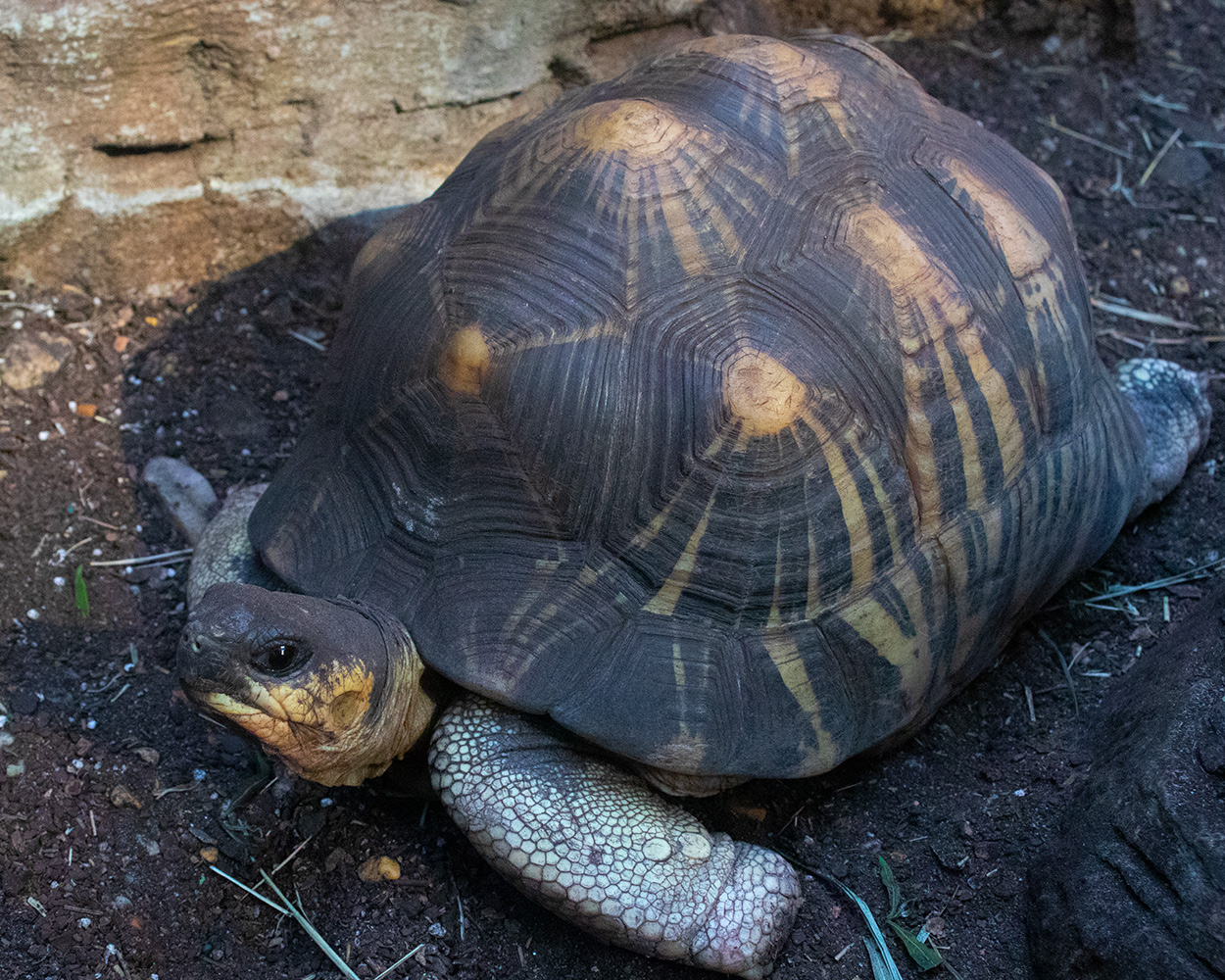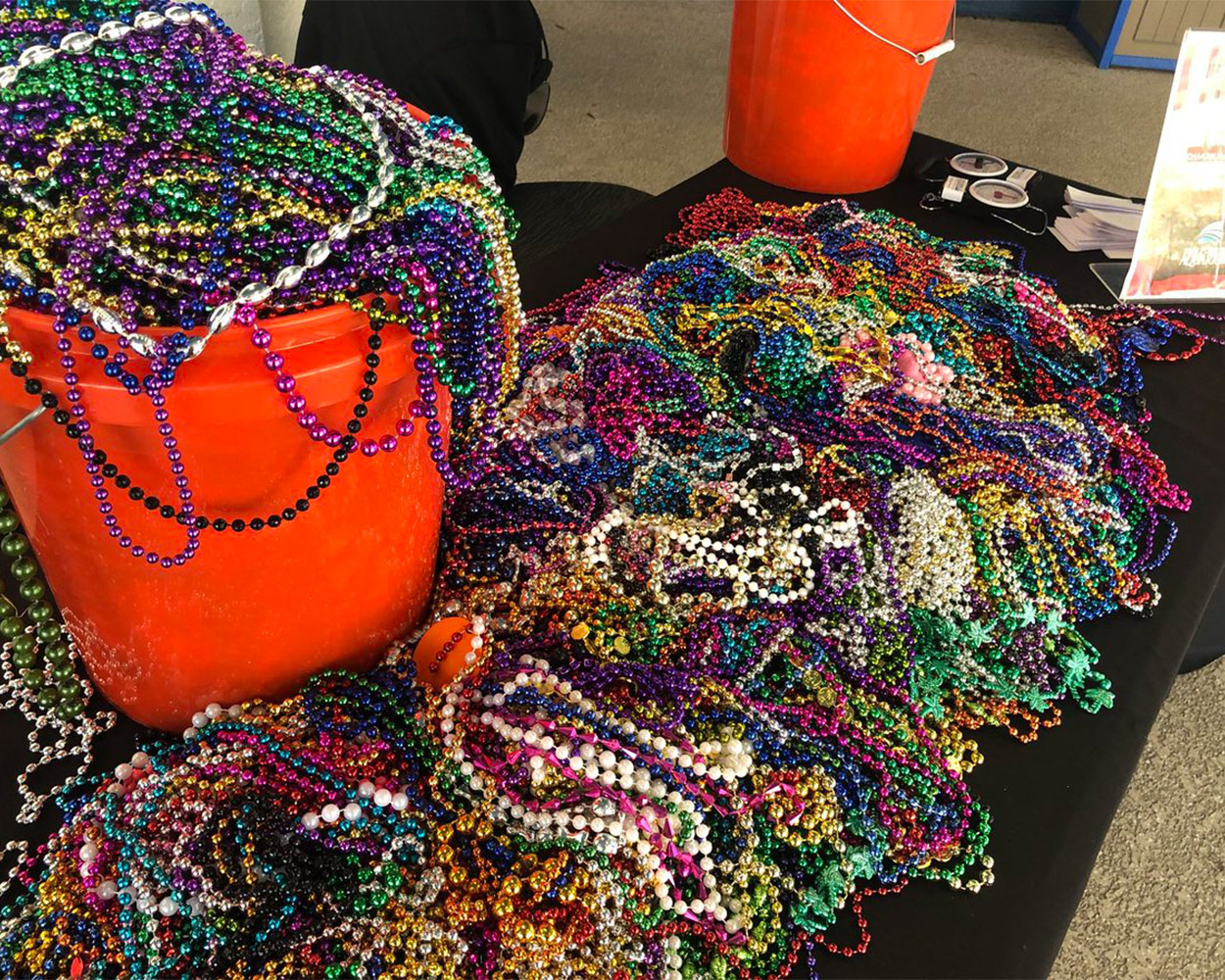Conservation Priorities
Safeguard Imperiled Wildlife
Many animals now need to live in some level of protected care such as large reserves, National Parks Marine Sanctuaries, accredited aquariums and zoos. Understanding and meeting their health, welfare and population needs is of utmost importance. Our Animal Care and Health department supports the needs of animals both in our care and elsewhere, it sends medical supplies to support the care of thousands of radiated tortoises seized from wildlife traffickers in Madagascar. It also sends staff and medical supplies to South Africa to assist with African penguin rescues. Our Learning department leads numerous sustainable population programs such as Seafood Watch, and our Development department raises funds to support wildlife in crisis situations such as Australian wildfire animal rehabilitation efforts.


Generate Healthy Habitats
Because many terrestrial and aquatic habitats have been diminished or destroyed, restoration efforts are required if we are to restore a functional abundance and distribution of species. Our Volunteer and Events department has planted numerous pollinator gardens at our conservation campus and are opening a public butterfly garden at our main campus; our Horticulture department is working to restore the Aquarium’s spoil island, Fantasy Island, and is involved with mangrove restoration projects; and our Learning department leads a Scouts Growing Seedlings Program to help scouts earn badges for learning about the importance of mangrove habitats and growing seedlings that will be used for future mangrove restoration projects.
Reduce Single-Use Plastic Consumption & Pollution
Because plastic waste is harming wildlife and wild places at record levels, the consumption of single-use plastics and flow of plastics reaching our waterways must be significantly reduced. Our Learning and Marketing departments managed a successful Skip the Straw Campaign with visitors and local business and is expanding their focus to make a greater impact. Our Marketing department manages a Bead-Free Bay Campaign as part of Tampa’s annual Gasparilla Pirate Festival and after the event, our Dive Operations department collects tons of beads strewn into the waterways. Our Volunteer and Events department organizes many community and beach clean-up events annually.


Advance Sustainable Business Operations
Because much of the world’s business and operational practices unnecessarily contribute to environmentally damaging outcomes, organizations need to adjust their practices, products and activities to mitigate these impacts as much as possible. Our Engineering and Facilities departments installed carpeting made of recycled fishing line in our event spaces and galleries and installed a massive TECO Solar Pavilion that will offset our energy usage; our Sales Department sells an impressive line of items made from recycled plastic bottles; and our Business Operations department recently renegotiated our beverage contract so that we will no longer receive or sell plastic beverage bottles.